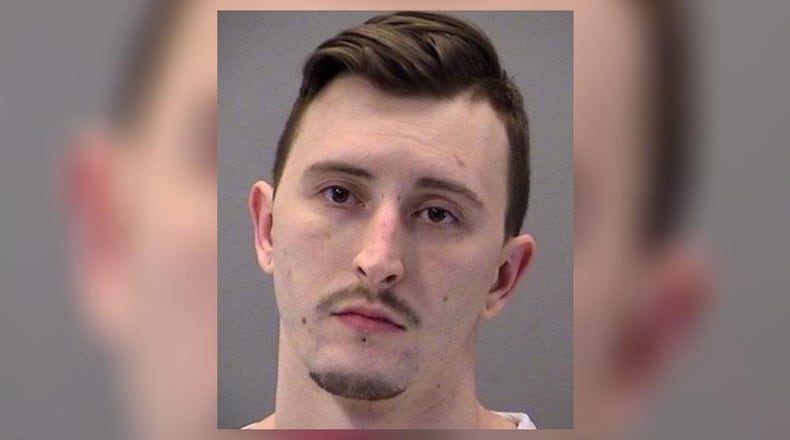MORE: Centerville man indicted for assault of police officer during drug OD call
It was determined that there was no active shooter and Knab was charged with and convicted of making a false report and improper use of the 9-1-1 system.
As part of his sentence, Knab was ordered to pay $1,375.56 in restitution to the city. But that decision was eventually reversed by the Second District Court of Appeals.
The city has appealed the case to the Ohio Supreme Court.
In 2017, Ohio passed Marsy’s Law which allows crime victims to have the right to notification of all proceedings, the right to be heard at multiple steps in the process, have input on plea deals offered to offenders and have the right to restitution.
The city contends in the Knab case that it does qualify as a victim under Marsy’s Law. It also argues that the lower court erred in not recognizing the loss of man-hours as an “economic loss.”
“Although we agree that Marsy’s Law does expand the meaning of the term ‘victim,’ we do not find that it expressly authorizes sentencing courts to characterize law enforcement agencies as victims who are entitled to restitution due to their efforts in carrying out their official duties,” the court wrote in its decision, adding that the money paid to the responding officers did not amount to an “economic loss.”
MORE: Police investigation reported at Centerville home
Assistant State Public Defender, Patrick Clark, filed a memorandum with the Ohio Supreme Court on July 10 asking the court to decline jurisdiction in the case and uphold the Second District Court’s decision that Centerville is not a “victim” in the case.
“The Second District correctly decided that the City of Centerville was not victimized by Mr. Knab’s 9-1-1 call. Although its police department temporarily reallocated resources for the day, the City suffered no actual losses in its routine exercise of police power. This Court ‘s review is not warranted,” Clark wrote on Knab’s behalf.
The city in its memorandum to the Ohio Supreme Court stated, “In this case, Knab’s offense, calling 9-1-1 to falsely report an active shooter and injured parties, in a natural and continuous sequence of events, directly caused Centerville to lose the services of officers in performing their regular duties (particularly for command personnel and detectives) which would not have occurred without Knab’s criminal offense.”
Knab was charged after he called 9-1-1 in early April and reported to a dispatcher that there was an active shooter at his residence and that someone had been shot.
After several officers from the Centerville Police Department responded to Knab’s residence, Knab’s mother, Yvonne Knab, and Knab’s friend, David Carter, advised the officers that there was no active shooter or injured person present.
A subsequent search of the residence confirmed that there was no firearm on the property and that there were no bullet holes or injuries according to court documents.
No date has been set for the Ohio Supreme Court to hear the case.
MORE: NEW DETAILS: Judge rules against Cornerstone of Centerville restaurant owner in lawsuit
About the Author
